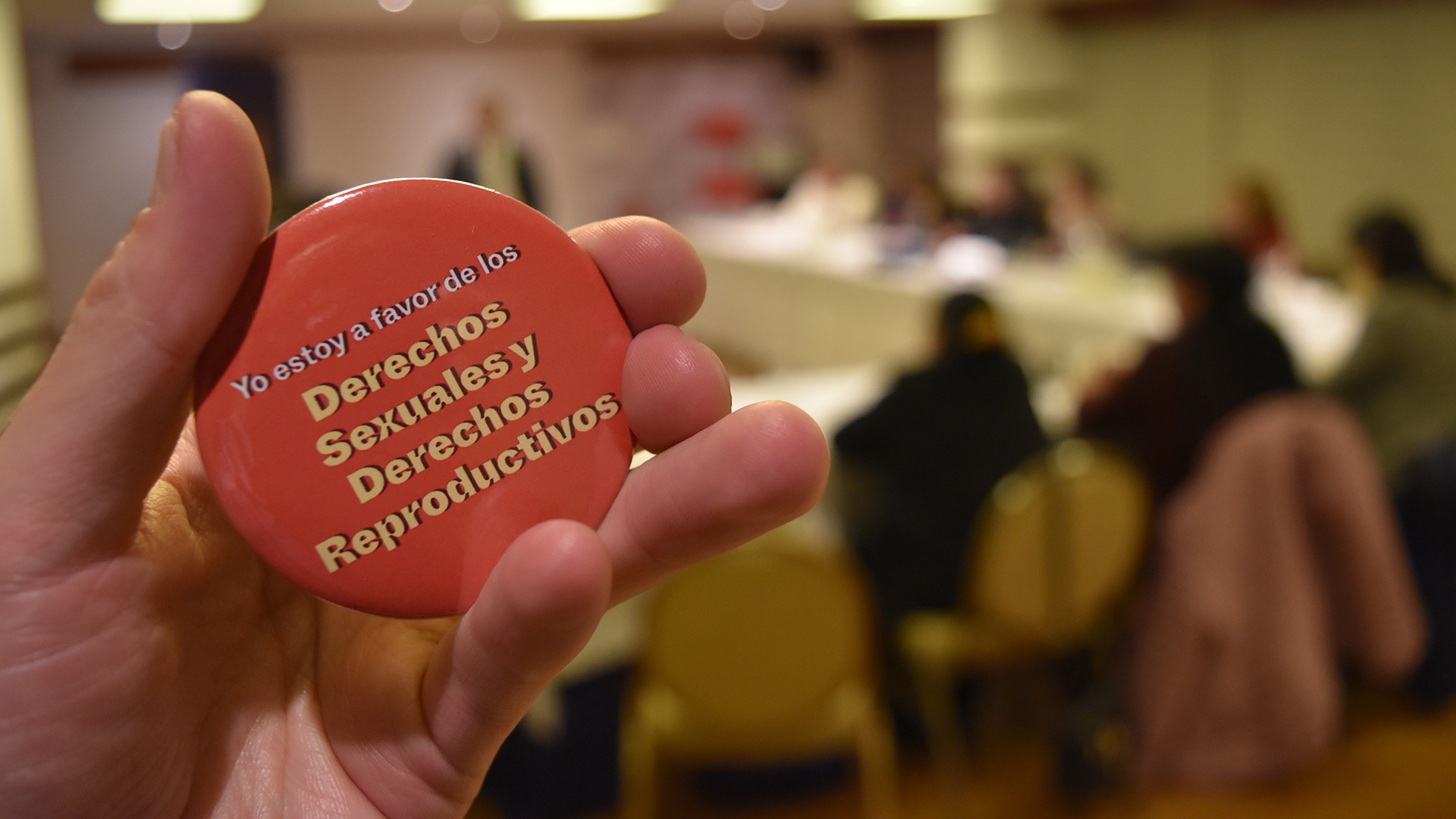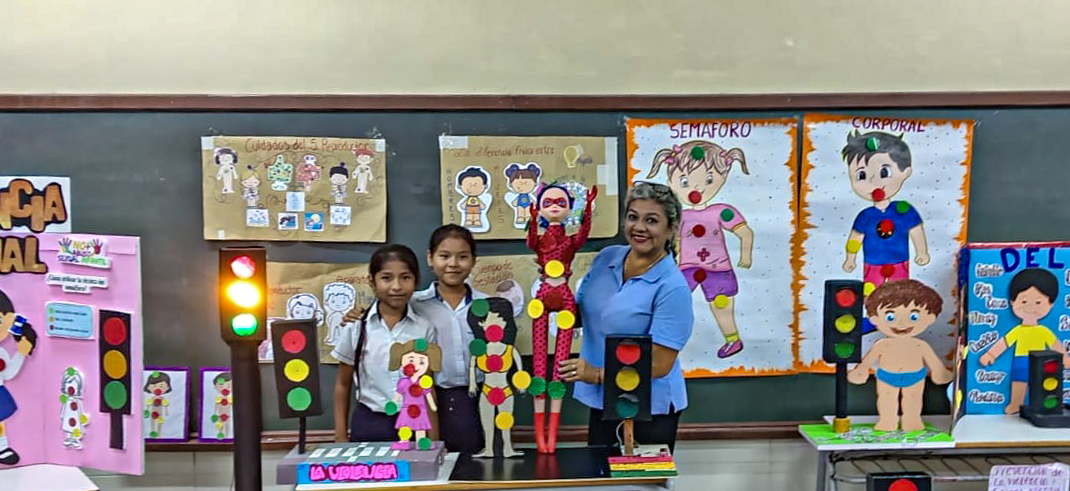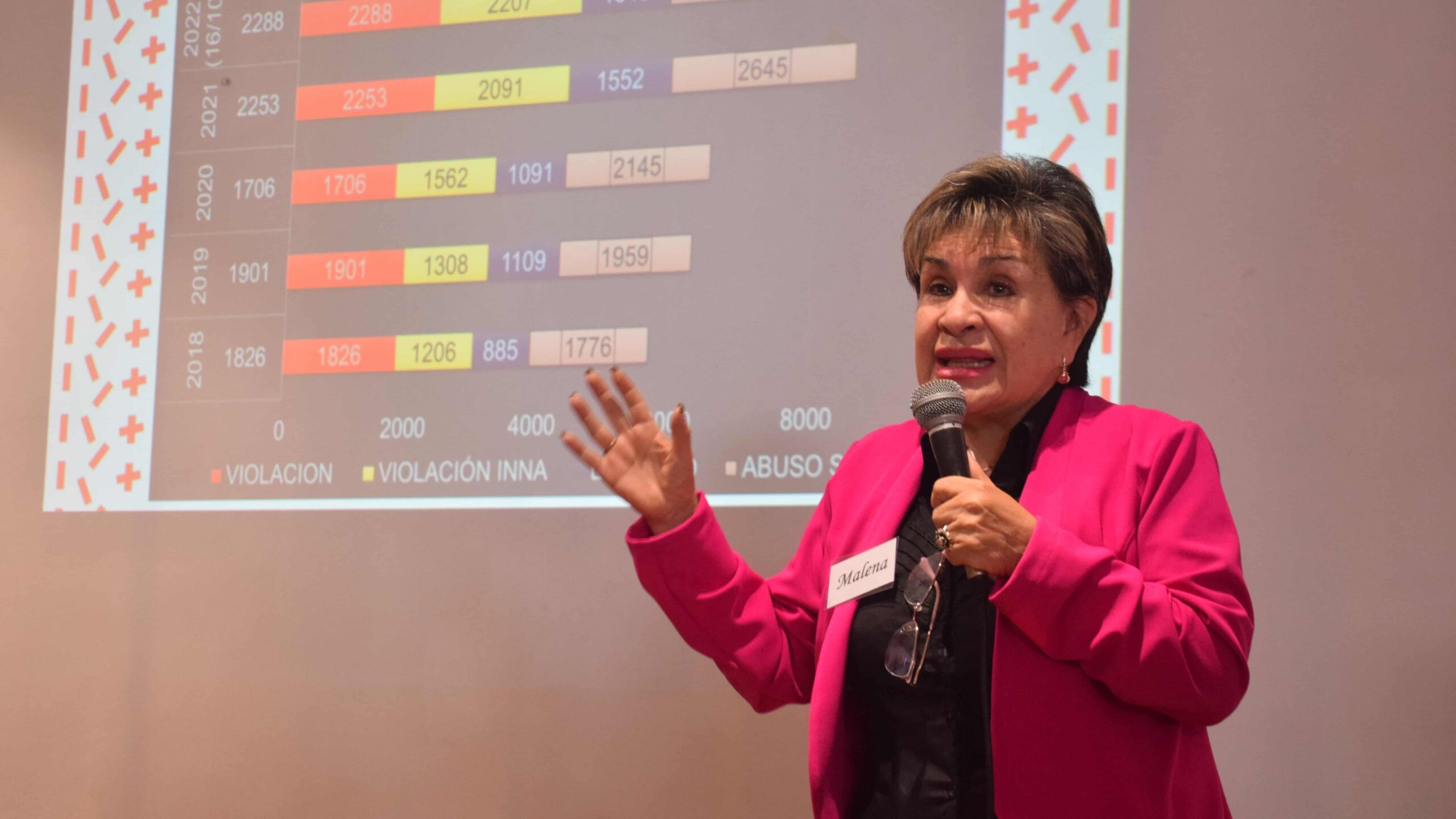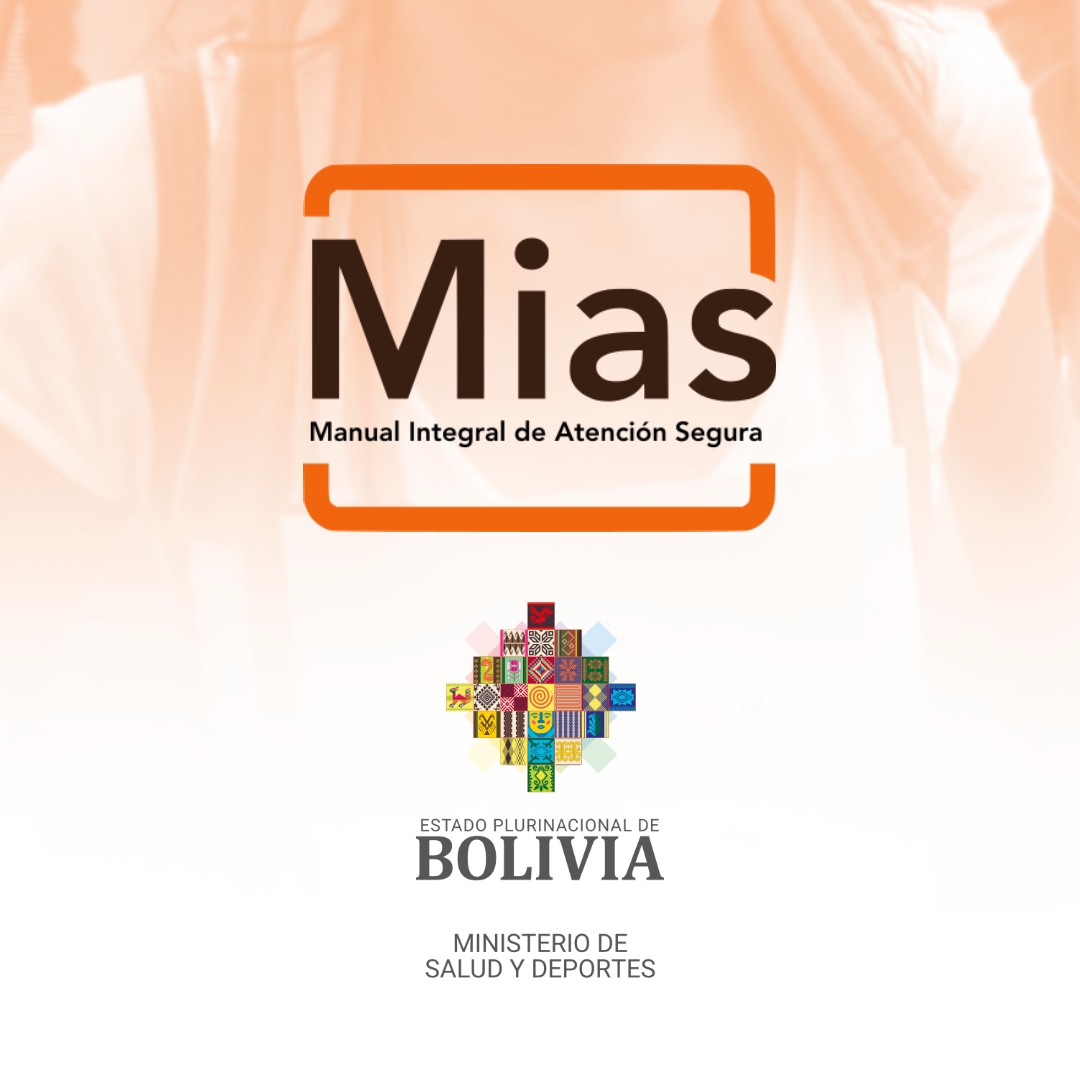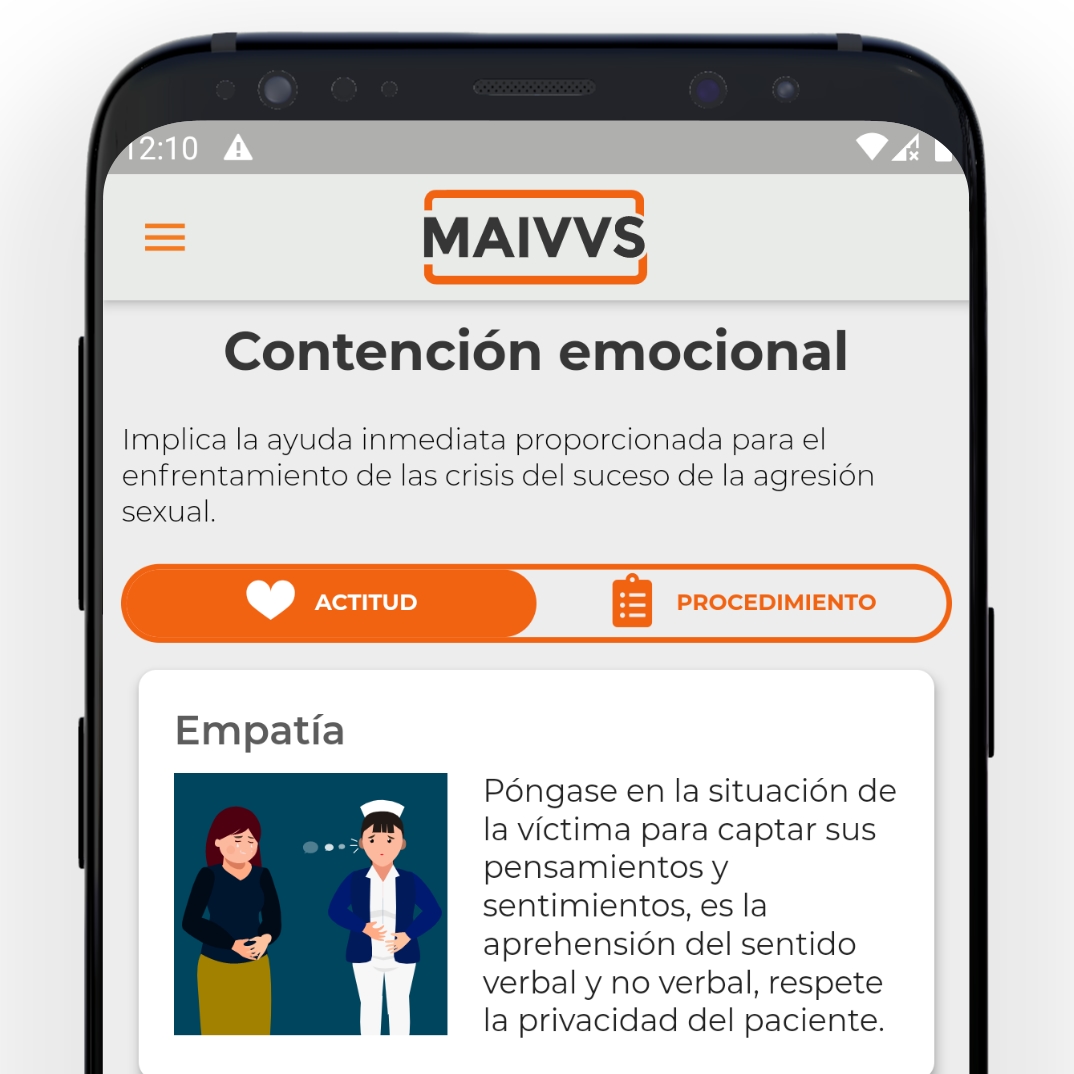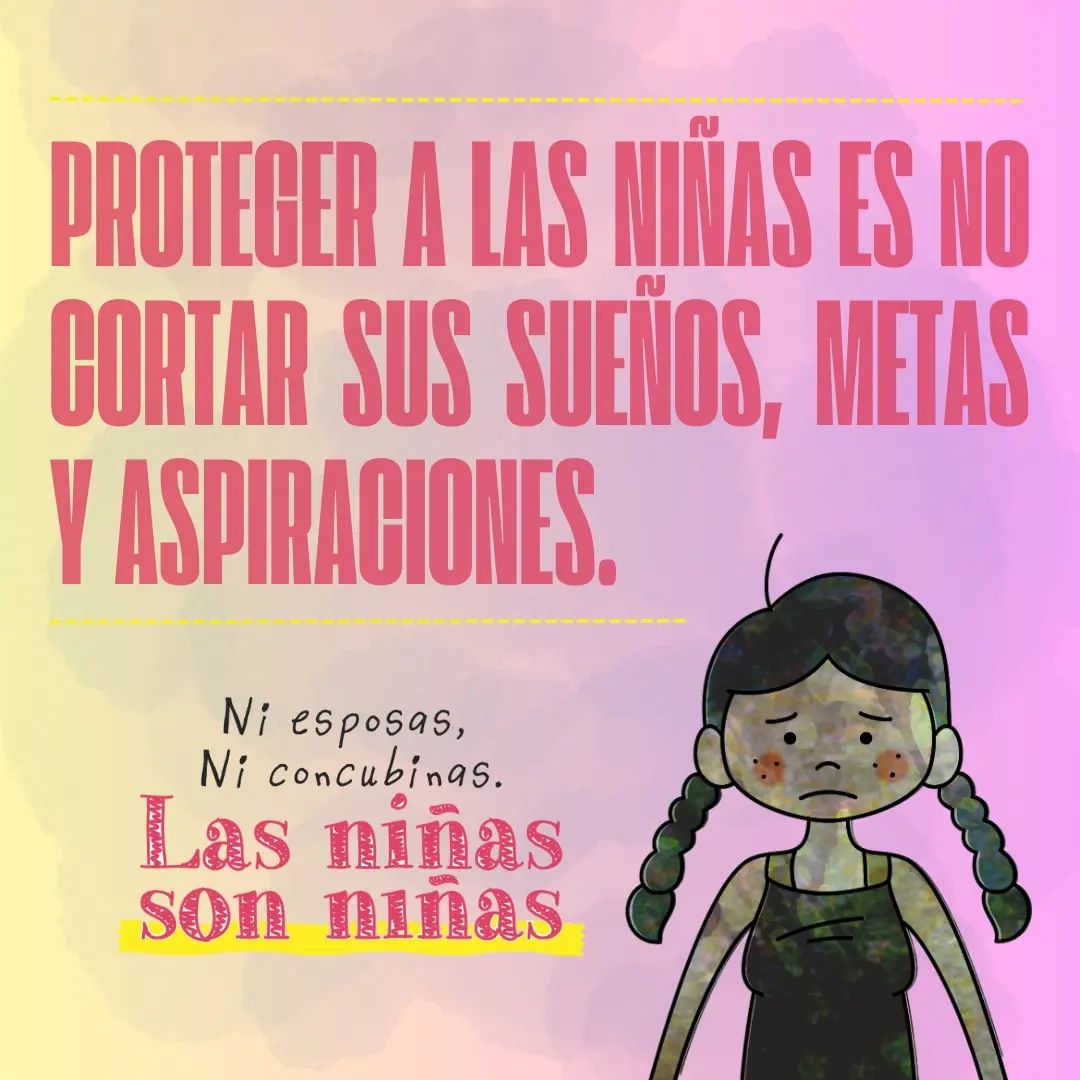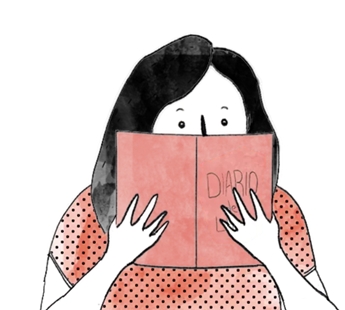In Bolivia, child marriage is legal, which “is really unacceptable” for the Inter-American Commission on Human Rights (IACHR), which received a report that the Government dismissed as “implausible”, “irresponsible” and “inconsistent”.
The director of IPAS Bolivia, Malena Morales, based on information from the Civic Registry Service (Serecí), said that in nine years, between 2015 and September 2023, 3,652 marriages and free unions of adolescent females between 15 and 17 years old were registered, in addition to 232 adolescent males and 193 adolescent male and 193 adolescent female counterparts. On the other hand, the Vice Minister of Equal Opportunities, Nadia Cruz, said that the report is “implausible”, “not very responsible” and “inconsistent” because it contains data from INE, which is not official for this issue, and because it does not record the progress in the subject. She indicated that there is a bill aimed at prohibiting child marriage by eliminating all the exceptions currently established in the law. However, Cruz, who was accompanied by the Bolivian ambassador to the OAS, Héctor Arce Zaconeta, admitted that child marriage in Bolivia is still a problem.
IACHR Commissioner Esmeralda Arosemena, who is rapporteur for women’s rights, said that beyond the differences in the figures, the fact remains that child marriage exists and that “it is really unacceptable”.
There may be variations in the figures, she added, but the important thing is that there are thousands of girls subjected to this type of unions. She refuses to call these unions marriages because “it is abuse, it is violence, it is abduction and it cannot be called marriage because of the concepts we use.
“Girls can be neither widows, nor wives, nor mistresses, nor concubines, they are children,” he emphasized.
In the same vein, Commissioner Julissa Mantilla said that “two versions” have been heard in terms of figures, but what is common is “the recognition that child marriage exists”.
Arosemena pointed out that this abuse is permitted in 14 countries in the region, although this does not detract from its seriousness.
THE REPORT DATA
IPAS Bolivia presented the report before the IACHR on November 10, in the framework of the 188th period of sessions held in Washington. Morales exposed that the Family Code, which was approved in 2014, allows early and forced child marriages and unions (MUITFs) from the age of 16 with the authorization of parents or guardians, which goes against international standards and recommendations, which prohibit such practices. He explained that Serecí data lead to the conclusion that 1.3 child marriages and early unions are registered every day in Bolivia.
He added the data published by Agencia de Noticias Fides (ANF) in August of this year, which indicates: “In the last 12 years, more than 10 thousand women between 13 and 17 years old got married” in Bolivia, citing as a source the former director of the Civic Registry. This is in addition to information from INE, based on the 2012 Census, which indicates that 23,770 adolescents between the ages of 15 and 17 claimed to have been married, in a free union, separated or widowed. However, Morales added that “the absence of official data on unregistered child unions does not allow to notice this reality in an objective way, since it is made invisible or even worse, it is naturalized, a situation that far from being condemned by society, it becomes an accomplice”.
Another revealing fact is that, according to the Health Information and Epidemiological Surveillance System, between 2020 and July 2023, 131,695 pregnancies of girls and adolescents were registered, that is, 104 per day. Martín Vidaurre, Policy Coordinator of IPAS Bolivia, explained all the national and international regulations that are being violated by the existence of underage marriages and unions.
He demanded that the State enact a law that eliminates any exception to the minimum age for marriage and also does not accept the revalidation of these unions with the passage of time, as established in the Family Code.
“To say that there are 32 thousand cases is implausible”.
According to the Vice Minister of Equal Opportunities, Nadia Cruz, in 2014 the age of marriage was raised from 14 to 16, which reduced child marriages by 94.6%.
He said that INE is not the institution in charge of the registration of marriage certificates and considered that to say that there are 32,000 cases “is implausible”.
“The claims pointed out in data and social situation lack empirical basis and cannot be sustained from a rigorous statistical perspective,” Cruz refuted.
He emphasized that there is a bill to modify the Family Code, to which Vidaurre replied that this bill has been awaiting treatment for more than a year.
Héctor Arce, who presented himself as the drafter of the Family Code, said that at the request of former President Evo Morales, who called for reflection, “the primacy of reality” was imposed, which means that those exceptions were left because “prohibiting was not going to change reality”. He indicated that the same approach was adopted for child labor.

